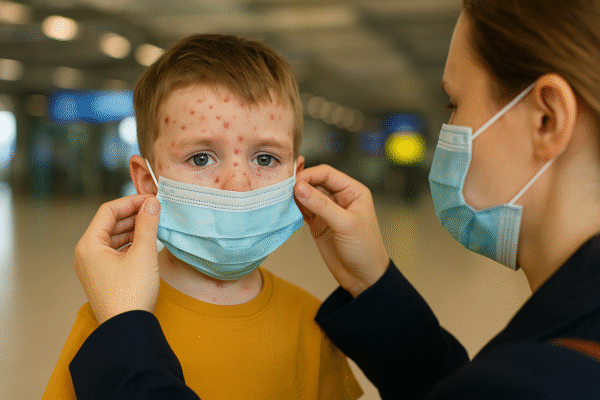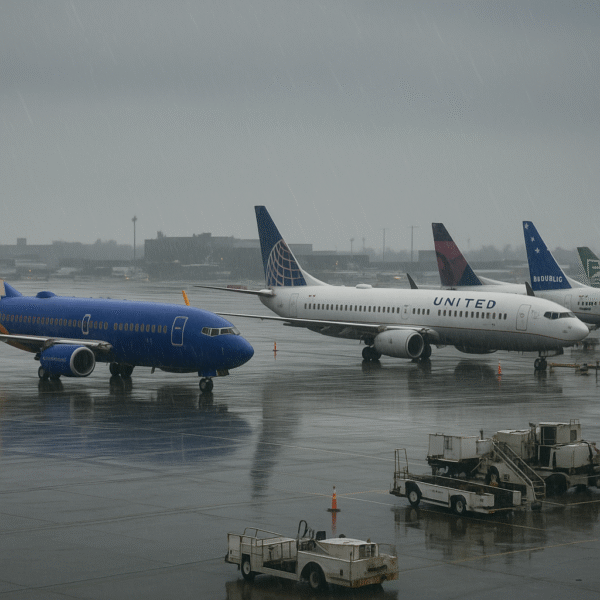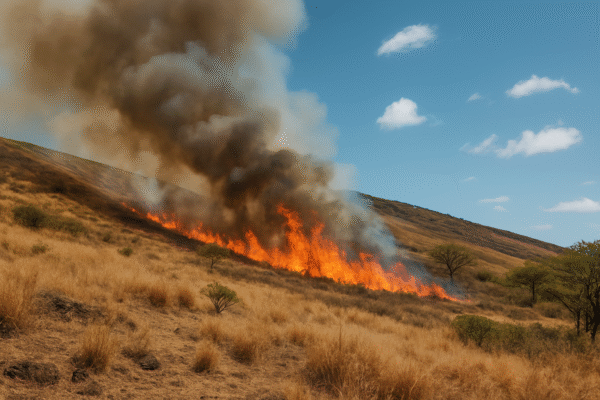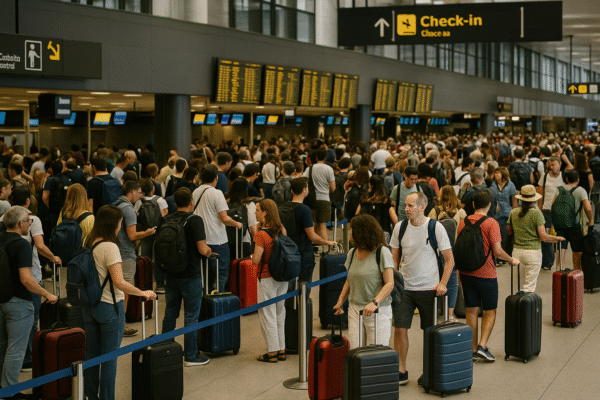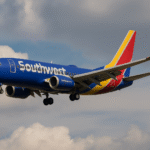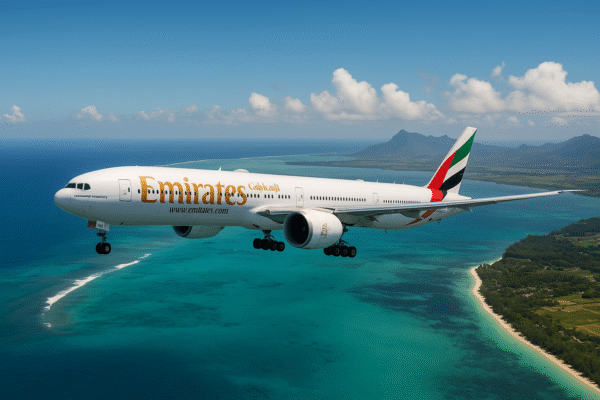As the UK’s summer travel season heats up, public health officials have issued a pressing advisory: ensure children are fully vaccinated against measles before heading abroad. The UK Health Security Agency (UKHSA) has reported a surge in measles cases, mirroring a widespread outbreak sweeping across Europe. Families planning holidays, especially to high-risk destinations such as France, Italy, Spain, Romania, and Germany, are strongly encouraged to verify their children’s MMR (measles, mumps, rubella) vaccination status.
Measles Outbreak in Europe Reaches Alarming Levels
In 2024 alone, the World Health Organization (WHO) recorded over 127,000 measles cases across the European region—a stark increase from the previous year and the highest total since 1997. The majority of infections were reported among unvaccinated children, particularly in countries with low MMR uptake. Romania led the count with over 30,000 cases and 14 measles-related deaths, many among children under five.
Other affected nations include:
- Germany: 638 cases
- Italy: 227 cases
- Spain: 202 cases
- Netherlands: 204 cases
- Belgium: 527 cases
- Ireland: 209 cases
- United Kingdom: 400+ cases reported in 2025 so far
These numbers reflect only confirmed cases, with real figures likely higher due to underreporting or late diagnosis. Health experts fear that the ongoing decline in childhood vaccinations—partly due to the COVID-19 pandemic’s impact on routine immunisation—has opened the door to this resurgence.
MMR Vaccine: The First Line of Defense
The MMR vaccine, offered free by the NHS, remains the most effective protection against measles. UKHSA recommends two doses—typically administered at 12 months and 3 years and 4 months. Starting July 1, 2025, updated guidance allows for the second dose to be given earlier, at 18 months, for improved immunity ahead of early school attendance.
Parents should contact their GP or local clinic to verify their child’s vaccination records, especially if there’s uncertainty or missed doses. Adults who never received the MMR vaccine or are unsure of their immunisation status can also safely get vaccinated.
Measles Risk in London and Popular Tourist Hubs
London, one of Europe’s busiest travel gateways, currently has an MMR uptake rate of just 73.3%—far below the 95% required for herd immunity. With millions of tourists expected to visit the capital this summer, the combination of high footfall and low vaccine coverage creates an elevated public health risk.
Crowded spaces such as museums, train stations, airports, and amusement parks can become transmission hotspots, particularly for unvaccinated travelers. Measles spreads through airborne droplets and remains contagious in the air for up to two hours, even after the infected person has left.
NHS Advice for Travelers
The NHS and UKHSA advise the following actions for individuals or families planning international travel:
- Check Vaccination Records: Ensure both doses of the MMR vaccine have been administered.
- Book Catch-Up Vaccines: It’s never too late—GPs and private clinics across the UK can administer missed doses.
- Avoid Travel to Outbreak Zones: If traveling with unvaccinated children, reconsider destinations with active outbreaks.
- Monitor Symptoms: Fever, cough, and a red blotchy rash may indicate measles infection.
- Self-Isolate if Symptomatic: Contact NHS 111 and avoid public spaces until cleared by a doctor.
Where to Get the MMR Vaccine in the UK
1. NHS GP Surgeries
- Free for all UK residents.
- Tourists can register as temporary patients to receive the vaccine.
2. Private Clinics
- Available across major cities.
- Costs vary (£50–£100 per dose).
3. Travel Health Centres
- Ideal for multi-vaccine needs.
- Often provide documentation for travel records.
Travel Timing Tips to Minimize Risk
If you’re traveling with children, consider booking holidays during periods of lower disease transmission:
- Best months: May to August, when schools are on break and outbreaks are fewer.
- Avoid: December to February, peak months for respiratory illnesses and measles spread in enclosed spaces.
UKHSA also encourages travelers to plan around vaccination drives and remain updated on local outbreaks through platforms like GOV.UK, the NHS website, and ECDC reports.
Measles Symptoms to Watch For
- High fever
- Runny nose, cough, and red eyes
- Rash spreading from head to toe
- Fatigue and loss of appetite
If symptoms appear during travel or shortly after returning, isolate immediately and contact a healthcare provider to prevent community spread.
Conclusion: Don’t Risk It—Vaccinate Before You Travel
Measles is a preventable yet dangerous disease. As travel rebounds across the UK and Europe, staying up-to-date with your family’s vaccinations is not just a health measure—it’s a civic responsibility. Whether traveling for leisure or business, verify MMR coverage before departure to avoid serious complications abroad and contribute to global public health safety.
For more travel news like this, keep reading Global Travel Wire




